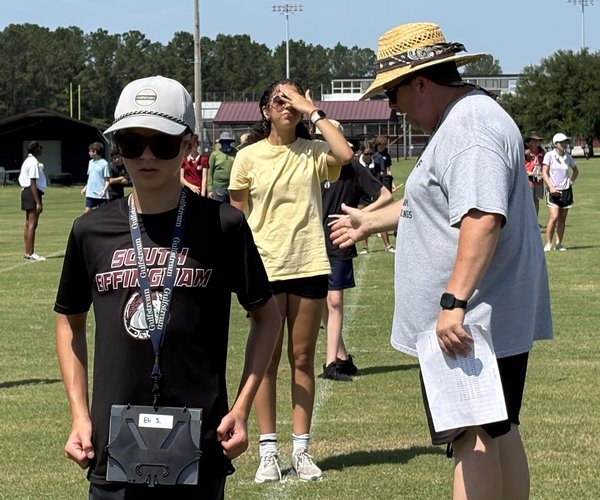Special to the Herald
SOCIAL CIRCLE –Hunters can get a jump on the waterfowl season with the upcoming early teal and Canada goose hunting season, according to the Georgia Department of Natural Resources’ Wildlife Resources Division. Early Canada goose season is now through Sept. 29, with a daily limit of five geese, and early teal season is Sept. 14-29, with a daily limit of six teal.
“Teal migrate earlier than other ducks, as they have the furthest distance to cover since they winter in South America. The key for finding teal is locating shallow water with submerged or emergent vegetation and other food sources. Since they are smaller birds, water levels need to be low so they can feed – a couple of inches to a foot at the most,” said Kara Nitschke, state waterfowl biologist.
“Look for geese in open water near pastures, fields, or other grassy areas. Early season geese tend to be predictable, and they prefer to fly into an area, land on the water then walk up the bank to feed in nearby fields,” Nitschke added. “If you can pinpoint where they are traveling to feed, you can bet they’ll be returning to the same spot again and again.”
Need a place to hunt teal and geese? Visit a Georgia Wildlife Management Areas (WMA) that is open for small game hunting during the statewide teal and goose seasons, or even at beaver ponds and other natural wetlands (always ensure you have permission to hunt on any private property). Lakes and reservoirs such as Juliette, Clarks Hill, West Point, and Seminole also offer great hunting opportunities for teal and geese.
Waterfowl hunters need a hunting license, the Georgia migratory bird stamp and the federal duck stamp. All licenses may be purchased at GoOutdoorsGeorgia.com.
More information about waterfowl hunting at GeorgiaWildlife.com/migratory-bird-info.





